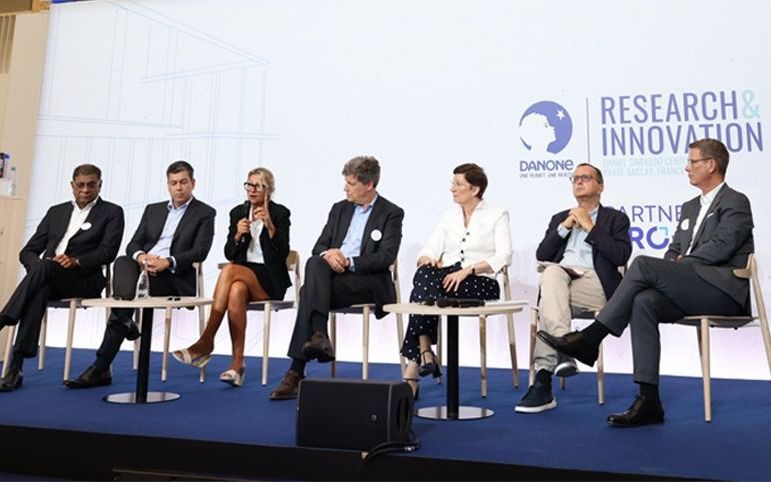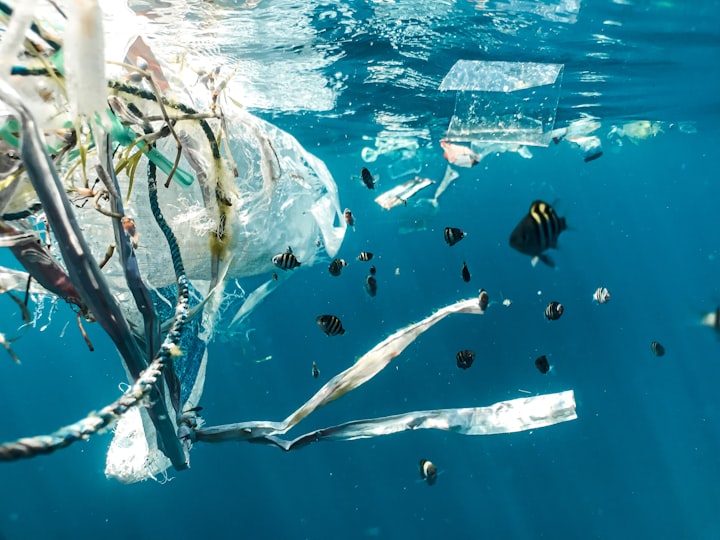The Power of 'Partners with Purpose' Programs: Driving Supplier Engagement for a Net Zero Future
In a race against climate change, 'Partners with Purpose' programs intertwine business growth with sustainability, emerging as the linchpin in our net-zero journey.

In a world racing against the ticking clock of climate change, 'Partners with Purpose' programs are not just a corporate trend but a beacon of hope. These initiatives, championed by industry leaders, are redefining the very essence of business growth, intertwining it with sustainability. But what makes them so transformative, and why are they the linchpin in our journey to a net-zero future?
The journey to net zero is a collective effort, requiring collaboration across industries and sectors. Leading corporations are recognizing the value of supplier engagement in this journey, with "Partners with Purpose" programs emerging as a pivotal strategy. These initiatives, as showcased by industry giants like Danone and Unilever, emphasize the transformative power of supplier collaboration and innovation in accelerating sustainable business growth.
"Partners with Purpose" Program Defined: 🍃
A strategic corporate initiative, championed by the CEO and executive leadership, designed to foster cross-functional and cross-company collaboration towards achieving net zero goals and prioritizing both people and planet. This program aligns profitability objectives with long-term environmental and social benefits, aiming for a balance that benefits both the business and the broader community. The commitment to these goals is clear, actionable, and seen as a growth opportunity. Suppliers are viewed as partners in innovation, playing a pivotal role in achieving sustainability milestones. Through shared goals and a unified vision, the program not only ensures economic advancements but also contributes significantly to a company's broader corporate strategy, emphasizing responsibility, sustainability, and a commitment to net zero. This holistic approach positively impacts employee morale, stakeholder trust, and aligns with global sustainability trends.
1. Understanding 'Partners with Purpose':
While the term "Partners with Purpose" is a generic name for supplier collaboration and innovation programs, companies like Unilever have adopted it as their official program name. These initiatives aim to foster purpose-led partnerships, driving industry-leading innovations, protecting and regenerating nature, and making sustainable living commonplace. Tangible outcomes from such programs have been observed in various sectors, with companies reporting enhanced brand reputation, increased consumer trust, and significant strides in sustainability metrics.
2. Danone's 'Partner For Growth' Initiative:
Danone's program focuses on four foundational pillars: Precision capacity creation, Efficiency, Science & Technology, and Sustainability. By connecting with diverse ecosystems, including industry players, academia, and startups, Danone aims to capture consumer trends, accelerate innovation, and achieve sustainable growth.
3. Unilever's 'Partner with Purpose' Journey:
Launched in 2020, Unilever's "Partner with Purpose" program is an evolution in supplier partnership. It responds to emerging consumer trends by promoting responsible and transparent innovation. The program emphasizes mutual growth, with a focus on achieving Unilever’s three Compass beliefs: Brands with purpose grow, People with purpose thrive, and Companies with purpose last.
4. The Role of Technology in Supplier Engagement:
Modern supplier engagement platforms are not just about measurement but are catalysts for action. They stand as a testament to the power of collaboration in driving sustainability initiatives. Central to these platforms are tailored playbooks, which act as customizable guides, offering a clear roadmap for sustainability efforts. Joint action plans emphasize co-creation, allowing both parties to set mutual sustainability targets, reflecting a shared commitment to a greener future. By leveraging these platforms, companies can significantly increase their "Emissions under active management," ensuring that sustainability metrics are not just numbers but represent real-world change.
5. The Way Forward:
As the global community races against time to combat climate change, "Partners with Purpose" programs offer a roadmap. By fostering genuine supplier engagement and innovation, these initiatives are setting the stage for a sustainable and prosperous future. However, companies may face challenges in implementing these programs, such as resistance to change, lack of resources, or misalignment of goals. Overcoming these challenges requires a clear strategy, top-down leadership support, and continuous communication with all stakeholders.
Conclusion:
The path to a net zero future is paved with collaboration. "Partners with Purpose" programs, as championed by industry leaders like Danone and Unilever, underscore the potential of supplier engagement in reshaping industries and driving sustainable growth. Investing in such programs not only aligns with ethical and environmental responsibilities but also offers a strong business case, leading to cost savings, enhanced brand value, and increased customer loyalty.







Comments ()